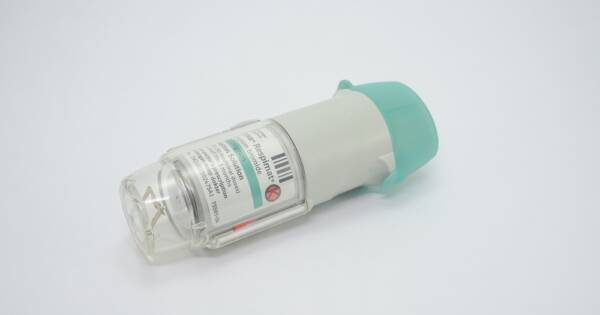Psoriasis, a chronic autoimmune disorder, presents unique challenges and varied symptoms that can significantly impact quality of life. Understanding its complexities involves exploring genetic and environmental triggers that initiate flare-ups. Modern treatment has evolved to include biologics and biosimilars for moderate to severe cases, while topical therapies remain essential for milder forms. Discover the options available to effectively manage and improve psoriasis outcomes.
Understanding Psoriasis and Its Impact
Psoriasis is a complex, chronic autoimmune disorder primarily affecting the skin, manifested through distinct lesions that can sometimes lead to psoriatic arthritis. While the exact etiology of psoriasis remains elusive, it is known to involve genetic predispositions and environmental triggers such as stress, infections, and certain medications that activate immune responses, leading to flares.
The condition presents in various forms, including plaque, guttate, inverse, pustular, and erythrodermic, each with unique clinical features requiring tailored management. It ranges from mild to severe based on the extent of skin involvement, impacting patients’ quality of life significantly.
Biologics and Biosimilars in Psoriasis Treatment
Among the advanced therapies available for managing moderate to severe psoriasis, biologics and biosimilars have gained significant attention. Biologics like Bimekizumab, FDA-approved in October 2023, and Skyrizi work by targeting specific proteins within the immune system to mitigate inflammation. These treatments are administered via injections and approved for patients who may benefit from phototherapy or systemic therapies.
Complementing biologics are biosimilars, cost-effective alternatives that mirror the effects of original biologics post-patent expiration. Hyrimoz and Inflectra, among others, offer affordable options while maintaining similar therapeutic efficacy in treating psoriasis. These biosimilars provide a viable alternative for patients seeking effective yet budget-conscious solutions.
Topical Therapies and Their Applications
For mild to moderate psoriasis cases, topical therapies remain the cornerstone of treatment. These include corticosteroids, vitamin D analogues, calcineurin inhibitors, and more. New non-steroidal options like Roflumilast and Tapinarof reduce inflammation and assist in regulating skin cell production, providing more options for tailored patient care.
Additional topical treatments involve coal tar and salicylic acid, which help alleviate symptoms such as flaking, itching, and inflammation. Their long-standing use may be challenged by potential irritation, making testing on small skin areas advisable before full application.
Phototherapy and Systemic Medications
Phototherapy serves as an effective option for cases unresponsive to topical treatments. It includes natural sunlight exposure and advanced procedures like PUVA and excimer laser therapy, offering precise UV treatments. While effective, these methods require medical supervision due to associated risks such as skin cancer with prolonged exposure.
Systemic medications are reserved for moderate to severe psoriasis, including methotrexate, cyclosporine, and new oral options like JAK inhibitors. This category of treatments may present severe side effects, underscoring the importance of careful selection and professional guidance.
Alternative and Complementary Treatments
Alternative approaches, such as special diets, vitamins, and herbal topicals, are explored by many for symptom relief despite limited scientific backing. Items like fish oil supplements and aloe extract creams are among popular choices for alleviating mild symptoms. Consulting with dermatologists ensures safety and helps combine treatments where necessary to optimize outcomes.
Learn More About Psoriasis Treatment Options Today
The journey to effectively managing psoriasis can be intricate given the array of therapies spanning from topicals and biologics to alternative treatments. With ongoing advancements in treatment options, staying informed about the latest developments is essential for optimizing patient outcomes.
Understanding the benefits, risks, and applicability of each treatment enables patients and healthcare providers to make well-informed decisions, thus enhancing the management of psoriasis.
Sources
Latest Biologics and Topical Innovations




